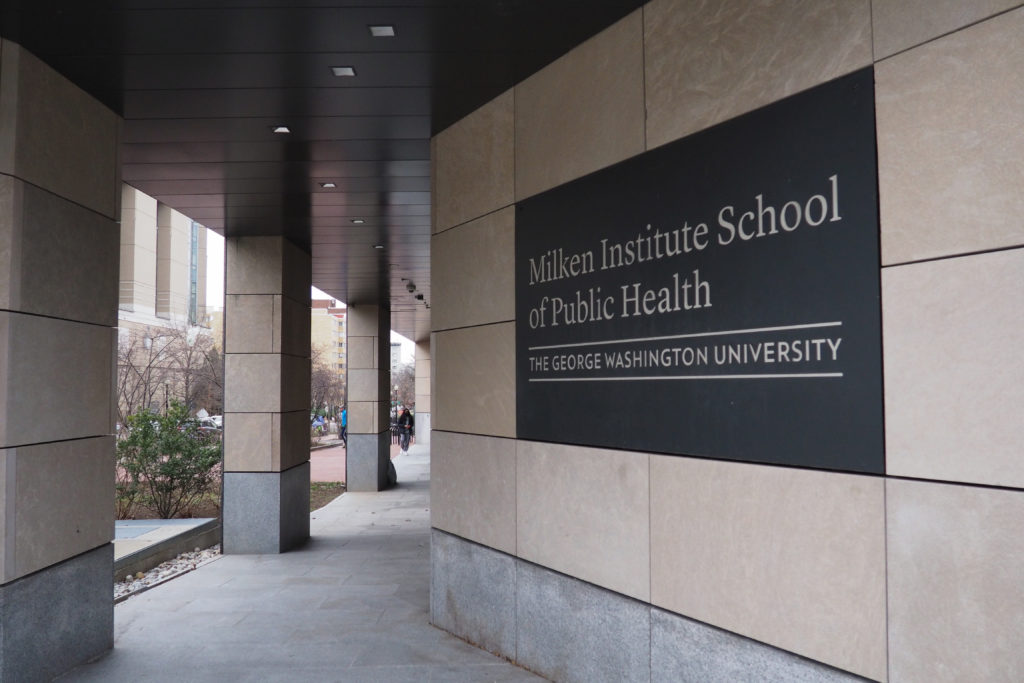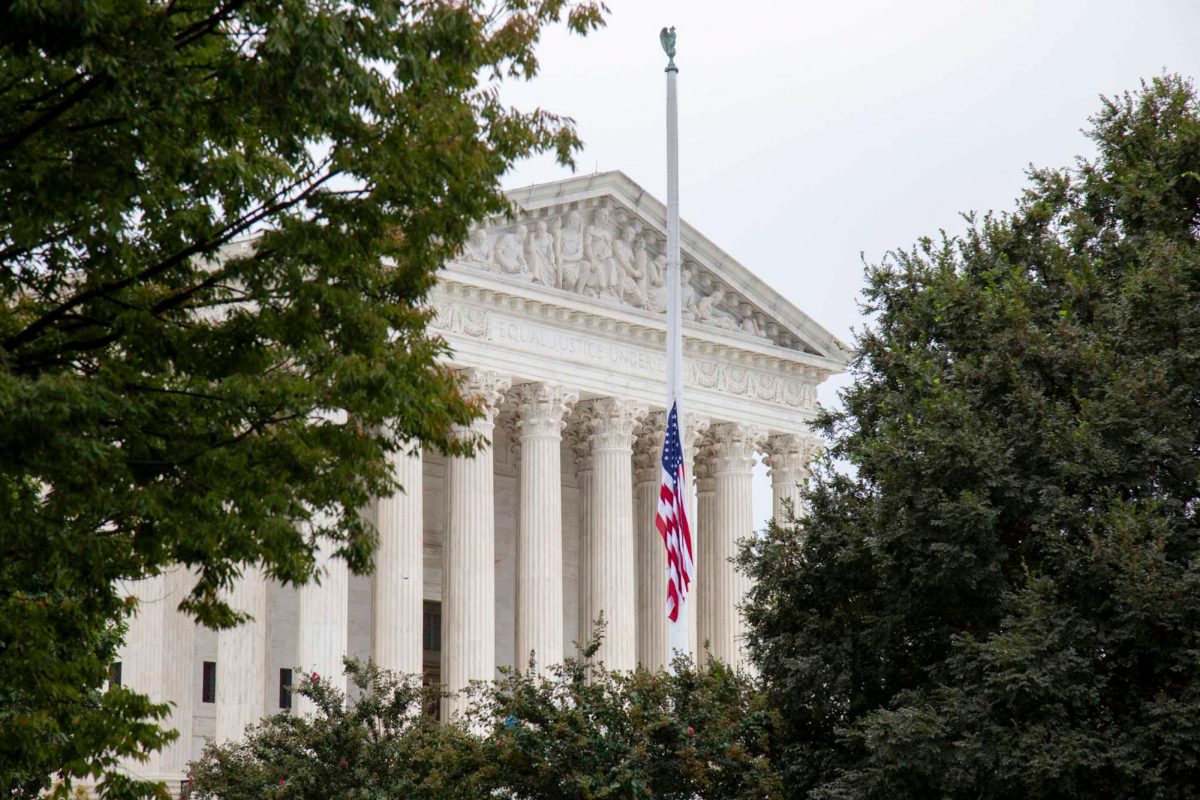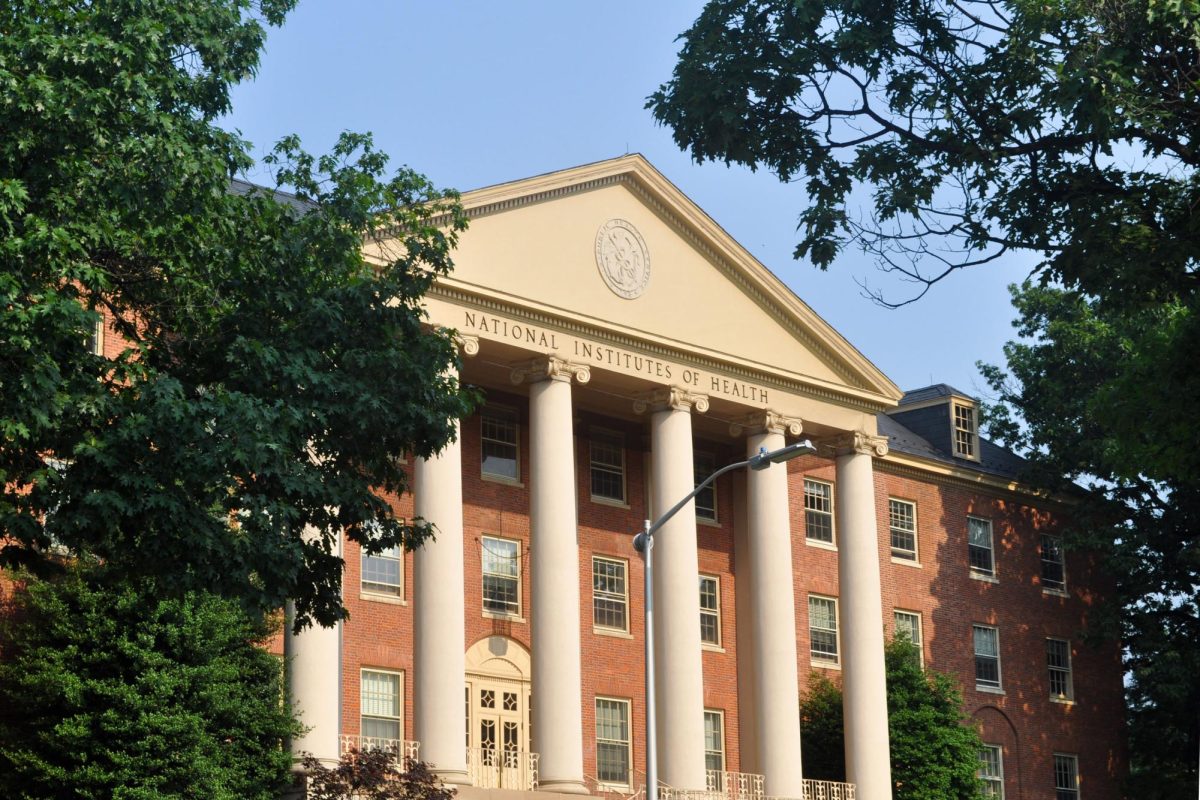A research institute in the Milken Institute School of Public Health received $6 million earlier this month to organize a federal initiative addressing burnout and stress among health care professionals during the pandemic.
The Health Resources and Service Administration awarded the grant to the Fitzhugh Mullan Institute of Health Workforce Equity to develop an organizational center where 44 higher educational institutions and health systems will exchange potential support services for the next three years. The HRSA will fund grants for the institutions to create a training program and a system to promote mental health for health care professionals alongside the center.
Candice Chen, the project lead and an associate professor of health policy and management, said the Health and Public Safety Workforce Resiliency Technical Assistance Center will provide the grantees with webinars and trainings to combat burnout in the professional health care field.
“We want to make sure that we really maximize their work, their learnings, and make sure it’s available to others who need it,” she said.
Chen said the center will oversee how the grant recipients advance their work with potential changes like new childcare delivery methods and observe each organization’s health care environment to learn about the current challenges that need to become nationwide priorities.
She said the center will provide the grantees with technical assistance to professionals like emergency medical technicians who may be under pressure to obtain medical certifications. She said the pandemic’s impact on the health workforce increased both burnout and suicide rates among doctors and nurses.
“COVID is just exponentially increasing the pressure on our healthcare workers, so it’s really important to bring attention to this issue so that we can start to address some of the underlying issues,” Chen said.
Of more than 1,300 front-line health care workers, 55 percent experienced burnout and 62 percent reported mental health repercussions from the pandemic, according to a survey from the Kaiser Family Foundation and The Washington Post.
Patricia Pittman, the project’s co-investigator and the Mullan Institute’s director, said the institute will not directly work with health care professionals but will conduct learning sessions to assess the grantees’ health care burnout initiatives and ensure the organizations are improving.
She said the center is preparing to meet with its partners – the Institute for Healthcare Improvement, Moral Injury of Healthcare and the American Federation of Teachers – and the 44 grantees soon. She said the center’s team will include health care workers in the School of Medicine and Health Sciences and the School of Nursing.
“There’ll be a lot of reading and interviewing, and we’ll share that work across the board of organizations that are in the Technical Assistance Center,” she said. “Everybody’s very interested in understanding what’s happening on the ground and what the plans will have and we will be convening these grantees for.”
Public health experts said the new center will address the need to confront burnout and mental issues in health care communities and can target personal issues facing health care workers, like increased stress.
Ralph DiClemente, the associate dean of public health innovation at the New York University School of Global Health, said the tools and resources the center provides to the other institutions will depend on the level of burnout and challenges health care professionals are experiencing within those institutions’ communities.
DiClemente said health care communities should use tools like surveys so workers in the health service industry can convey the specific solutions and strategies they need to combat burnout and improve their mental health.
“There are certainly some strategies I hope will be developed as part of this program to compensate for that lack of personal interaction and personal touch, if you will, so that people feel more engaged and supported,” he said.
Joseph Amon, the director of the Office of Global Health at Drexel University, said the center can identify health care professionals’ needs and strategies to address them, but it should provide solutions on a broader scale to improve structural factors that make working in the health care industry difficult.
“Health care workers are an incredibly important frontline resource that we need to protect and that we need to support as much as we can,” he said.
Zahaan Riyaz contributed reporting.








